BBC loses £240k worth of mobile devices
A total of 146 laptops and 82 other mobile devices have been lost by the BBC in the past two years.
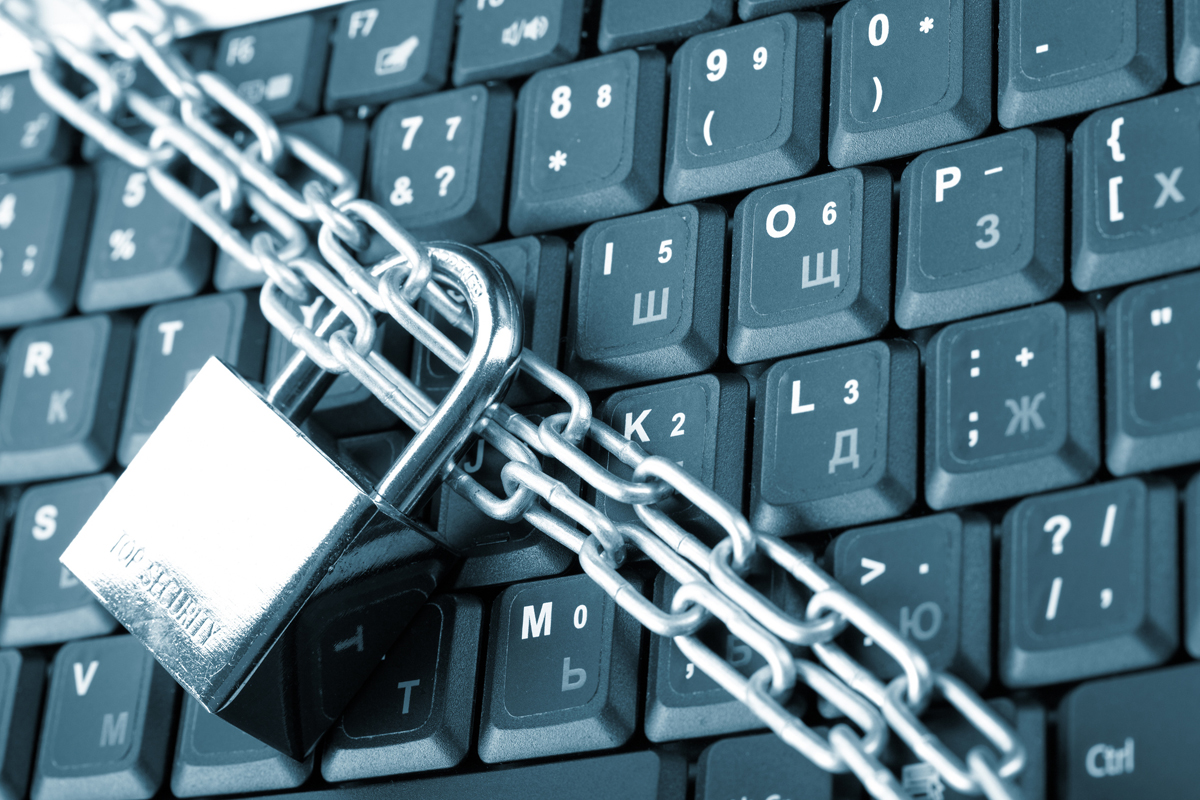

The BBC has lost 240,000 worth of laptops and mobile phones in the last two years, a security firm has revealed.
In that time, 146 laptops were either lost or stolen, along with 65 mobile phones and 17 BlackBerry devices, Absolute Software discovered, after filing a Freedom of Information request.
One member of staff was investigated over a laptop theft but no related punishments have been handed out.
"It is shocking that any organisation could lose so much equipment, but the BBC is just one of many we've seen recently, proving it's all too common," said Dave Everitt, general manager for Absolute Software in the EMEA region.
"In this case, however, this technology is paid for by the licence payer and employees should be far more careful about how they handle it."
Of the lost devices, the BBC said it had recovered 15 laptops, three mobiles and a single Blackberry.
The broadcaster also claimed its mobile technologies are adequately protected and most of its small mobile devices feature a remote wipe capability.
Get the ITPro daily newsletter
Sign up today and you will receive a free copy of our Future Focus 2025 report - the leading guidance on AI, cybersecurity and other IT challenges as per 700+ senior executives
"The BBC takes theft very seriously and has implemented a number of measures to reduce the level of crime," a BBC spokesperson said in a statement sent to IT PRO.
"The portability of laptops and phones means that in any large organisation there is an inevitable risk of theft."
Everitt questioned whether the devices were in fact "appropriately" protected, given the number of devices that were not recovered.
"The BBC would do well to ensure they are using the technology that's already installed in most laptops to track such stolen devices as well as smartphones and recover them, or at least render them impossible, for others to use," he added.
Encryption is one method the BBC uses to protect its systems, but it could not tell IT PRO any more about the organisation's security procedures.
An Information Commissioner's Office (ICO) spokesperson said any body processing personal data needs to have the right safeguards in place.
"The BBC has reported data breaches to the ICO in the past. Should we receive evidence to suggest there have been further significant losses of unencrypted personal information that have not been reported to us, we will not hesitate to take this up with the BBC to establish the facts and identify what action, if any, is necessary," the spokesperson added.
Tom Brewster is currently an associate editor at Forbes and an award-winning journalist who covers cyber security, surveillance, and privacy. Starting his career at ITPro as a staff writer and working up to a senior staff writer role, Tom has been covering the tech industry for more than ten years and is considered one of the leading journalists in his specialism.
He is a proud alum of the University of Sheffield where he secured an undergraduate degree in English Literature before undertaking a certification from General Assembly in web development.
-
 Should AI PCs be part of your next hardware refresh?
Should AI PCs be part of your next hardware refresh?AI PCs are fast becoming a business staple and a surefire way to future-proof your business
By Bobby Hellard Published
-
 Westcon-Comstor and Vectra AI launch brace of new channel initiatives
Westcon-Comstor and Vectra AI launch brace of new channel initiativesNews Westcon-Comstor and Vectra AI have announced the launch of two new channel growth initiatives focused on the managed security service provider (MSSP) space and AWS Marketplace.
By Daniel Todd Published
-
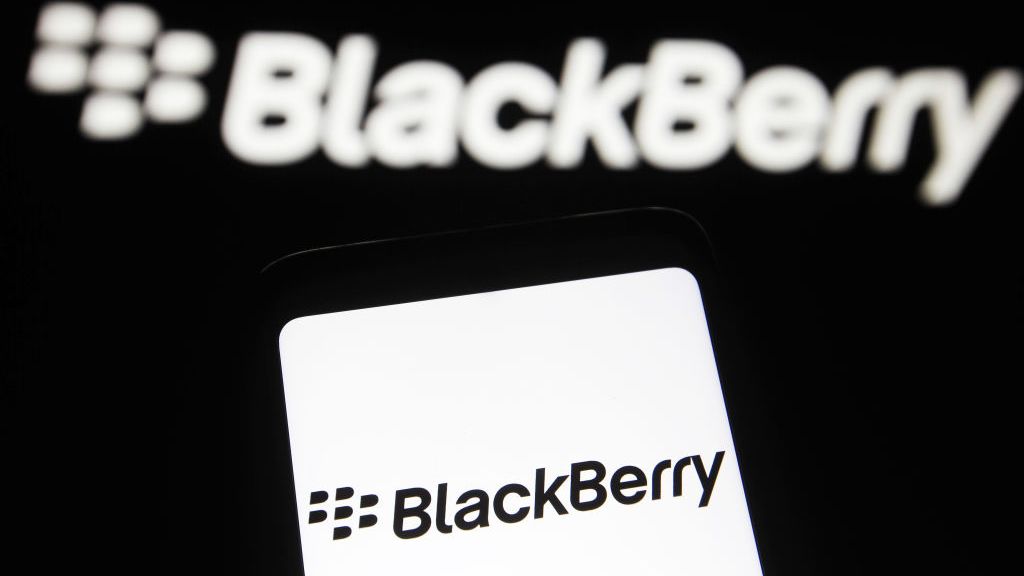 Blackberry revenue falls by 4% as cyber security division takes hit
Blackberry revenue falls by 4% as cyber security division takes hitNews Despite this, the company’s Internet of Things (IoT) division increased its revenue by 28% as it attracted new customers from the automotive sector
By Zach Marzouk Published
-
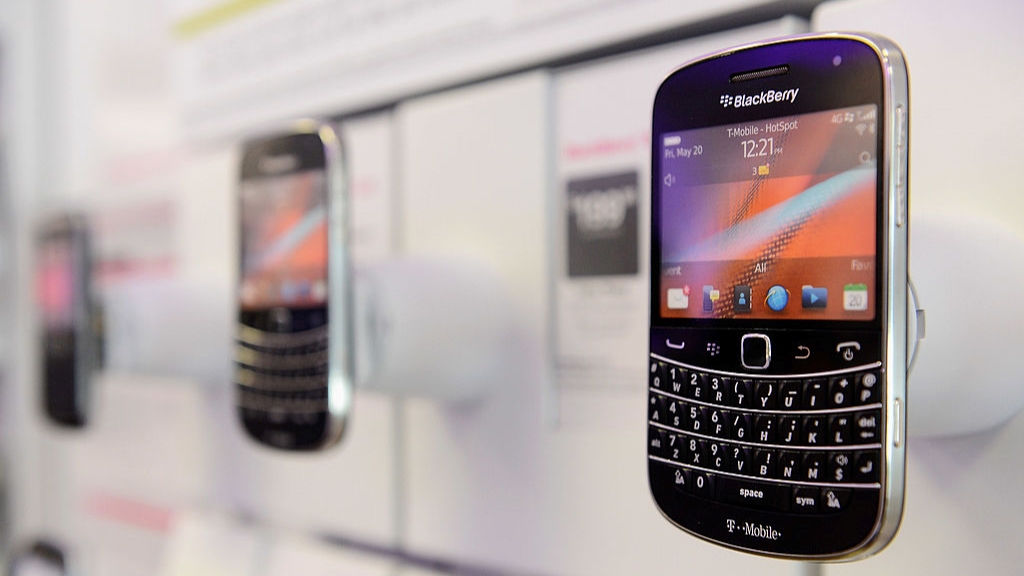 BlackBerry revival is officially dead as OnwardMobility shuts down
BlackBerry revival is officially dead as OnwardMobility shuts downNews The Texas-based startup is mysteriously shutting down and taking its ultra-secure 5G BlackBerry with it
By Bobby Hellard Published
-
 BlackBerry and AWS are developing a standardized vehicle data platform
BlackBerry and AWS are developing a standardized vehicle data platformNews Platform will give automakers a standardized way to process data from vehicle sensors in the cloud
By Rene Millman Published
-
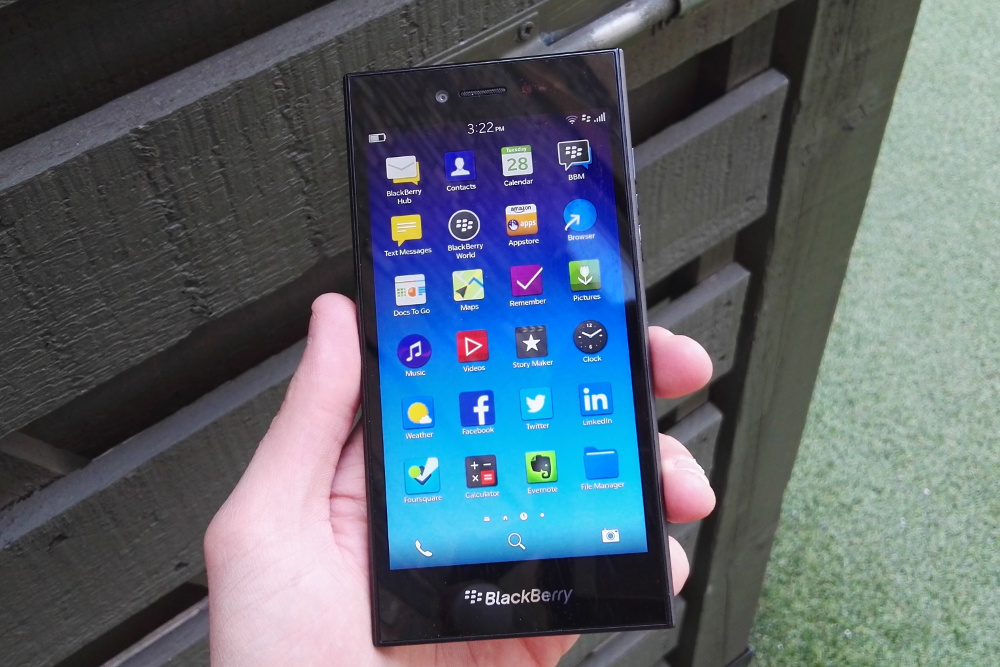 BlackBerry thwarts mobile phishing attacks with new AI tools
BlackBerry thwarts mobile phishing attacks with new AI toolsNews The company's Protect Mobile platform alerts users to potential malware before a link is clicked
By Tyler Omoth Published
-
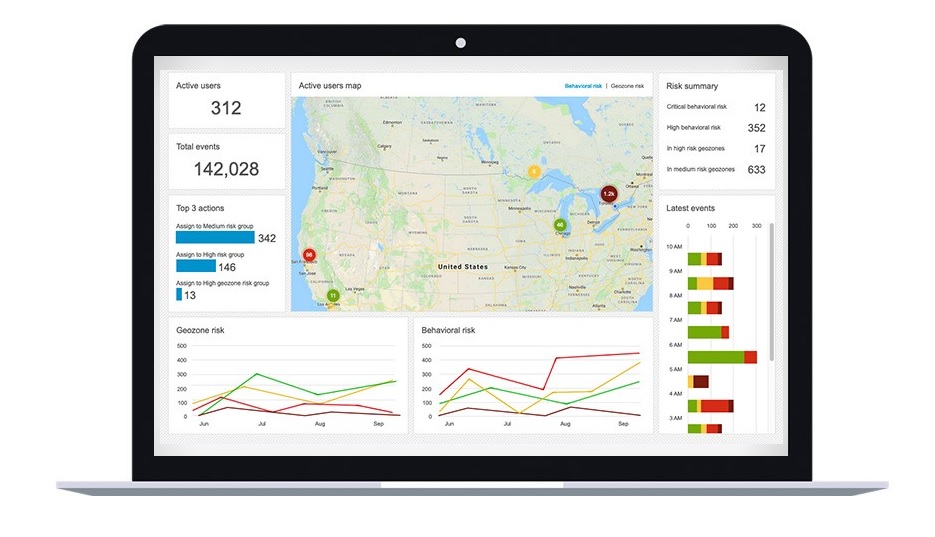 BlackBerry Persona Desktop delivers zero-trust security at the endpoint
BlackBerry Persona Desktop delivers zero-trust security at the endpointNews New security solution learns user behavior and can take action if there’s an abnormality
By Justin Cupler Published
-
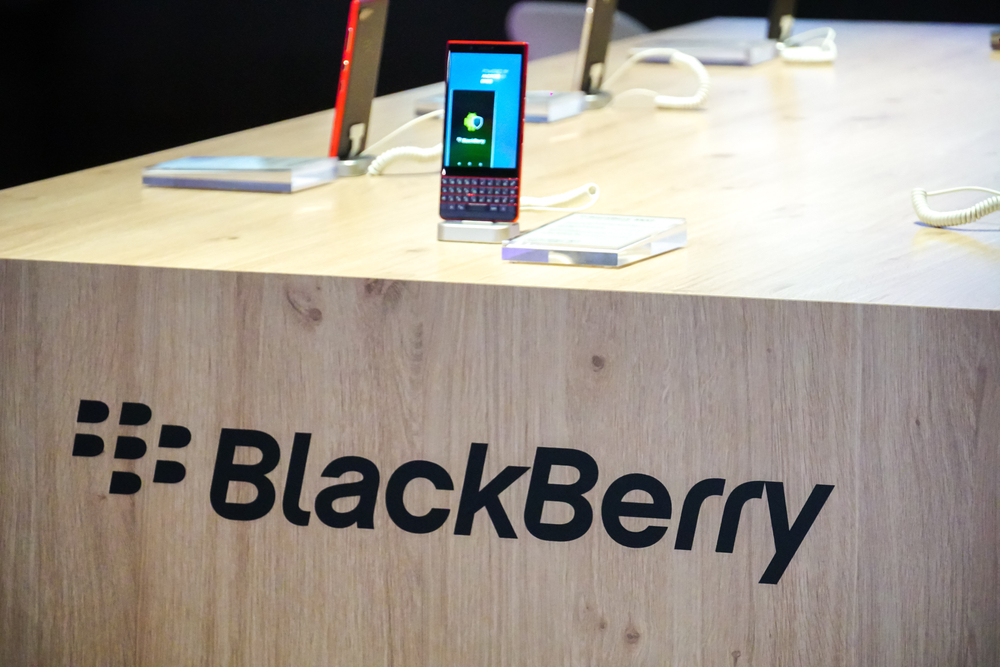 A 5G BlackBerry phone with physical keyboard is coming in 2021
A 5G BlackBerry phone with physical keyboard is coming in 2021News The business phone to be resurrected with OnwardMobility and FIH Mobile planning a security-savvy enterprise handset
By Bobby Hellard Published
-
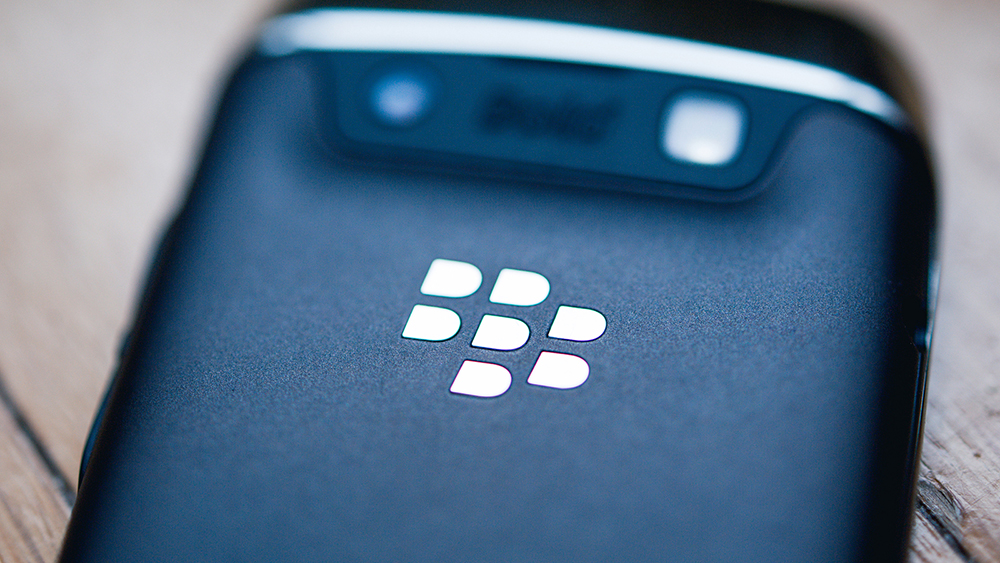 The business smartphone is dead
The business smartphone is deadIn-depth BlackBerry’s demise signals the end of the business-first handset
By Carly Page Published
-
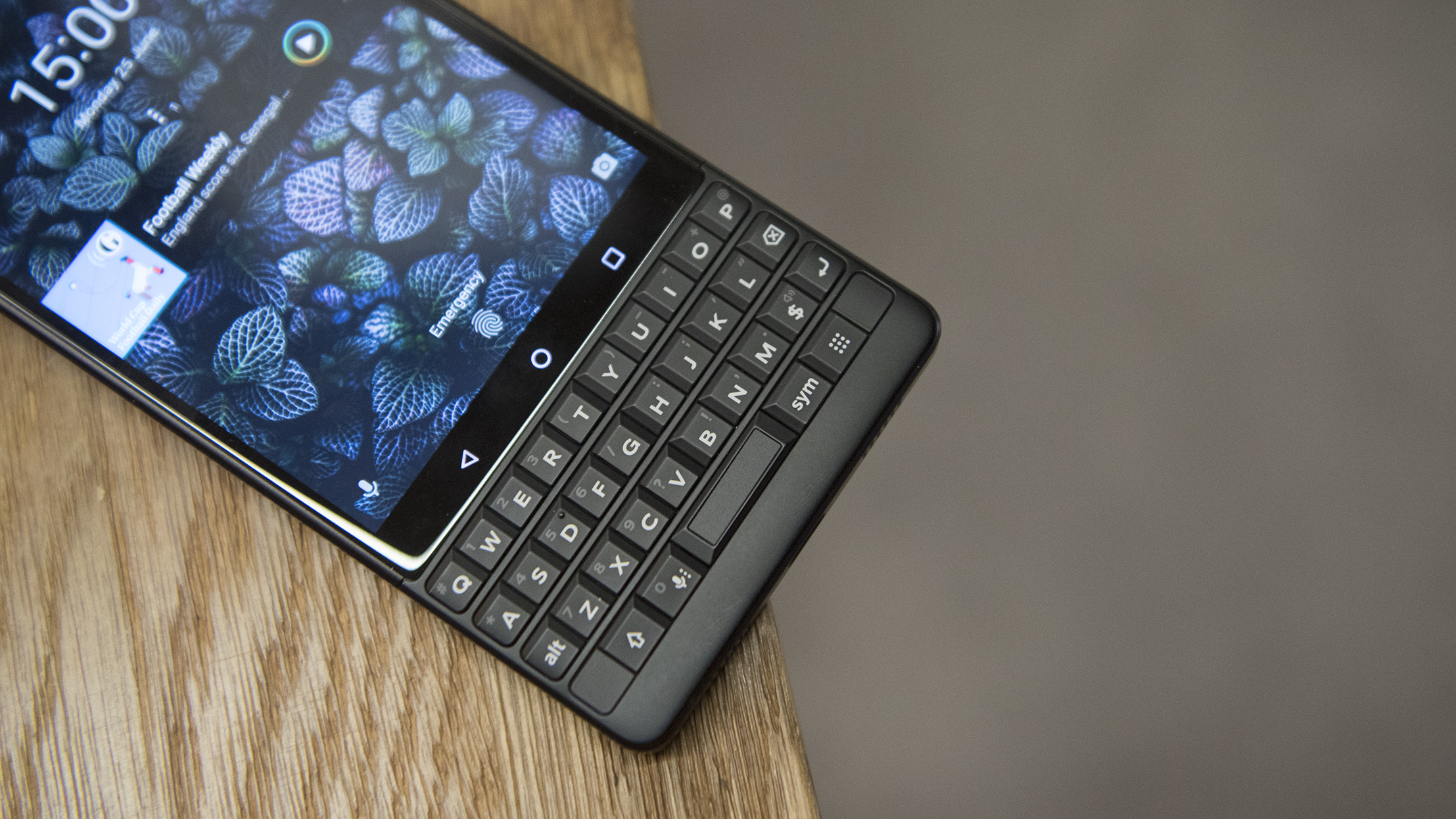 BlackBerry Key2 review: The best physical keyboard no one asked for
BlackBerry Key2 review: The best physical keyboard no one asked forReviews Despite the improvements, the flaws of BlackBerry’s Key range are still front and centre
By Bobby Hellard Published